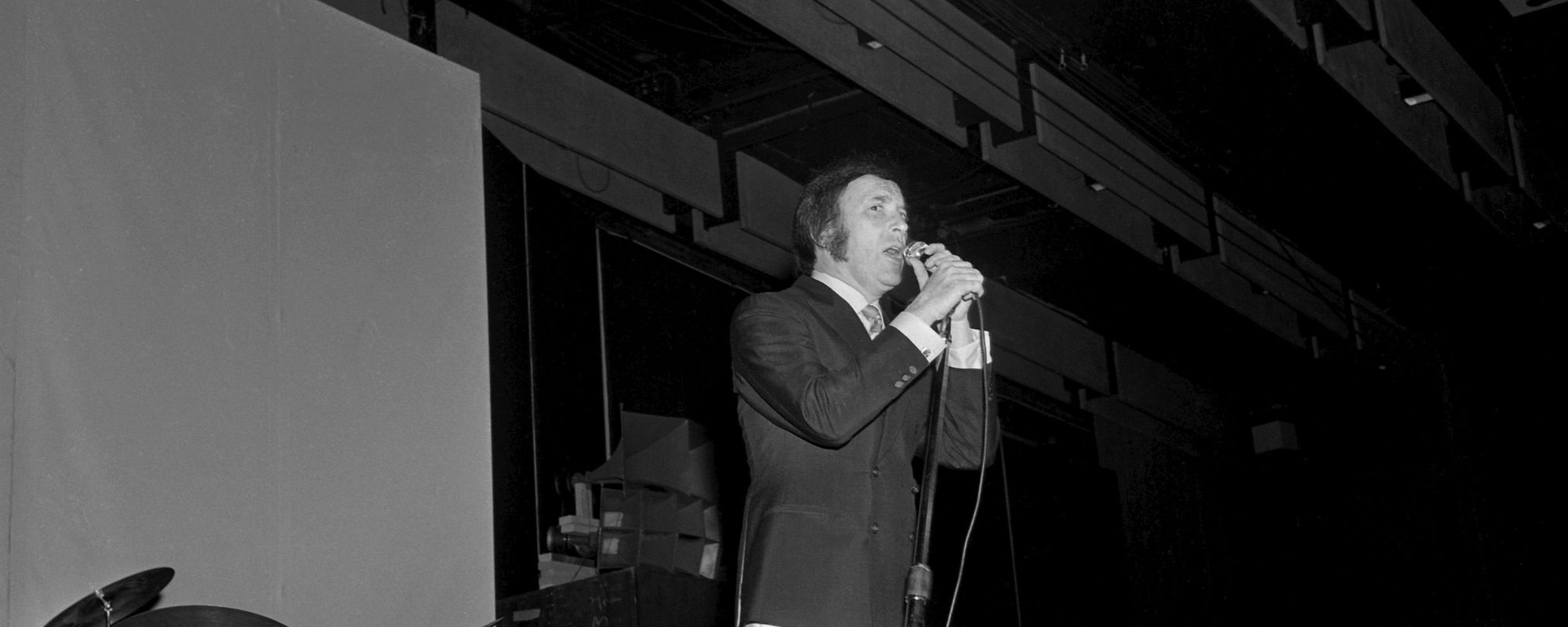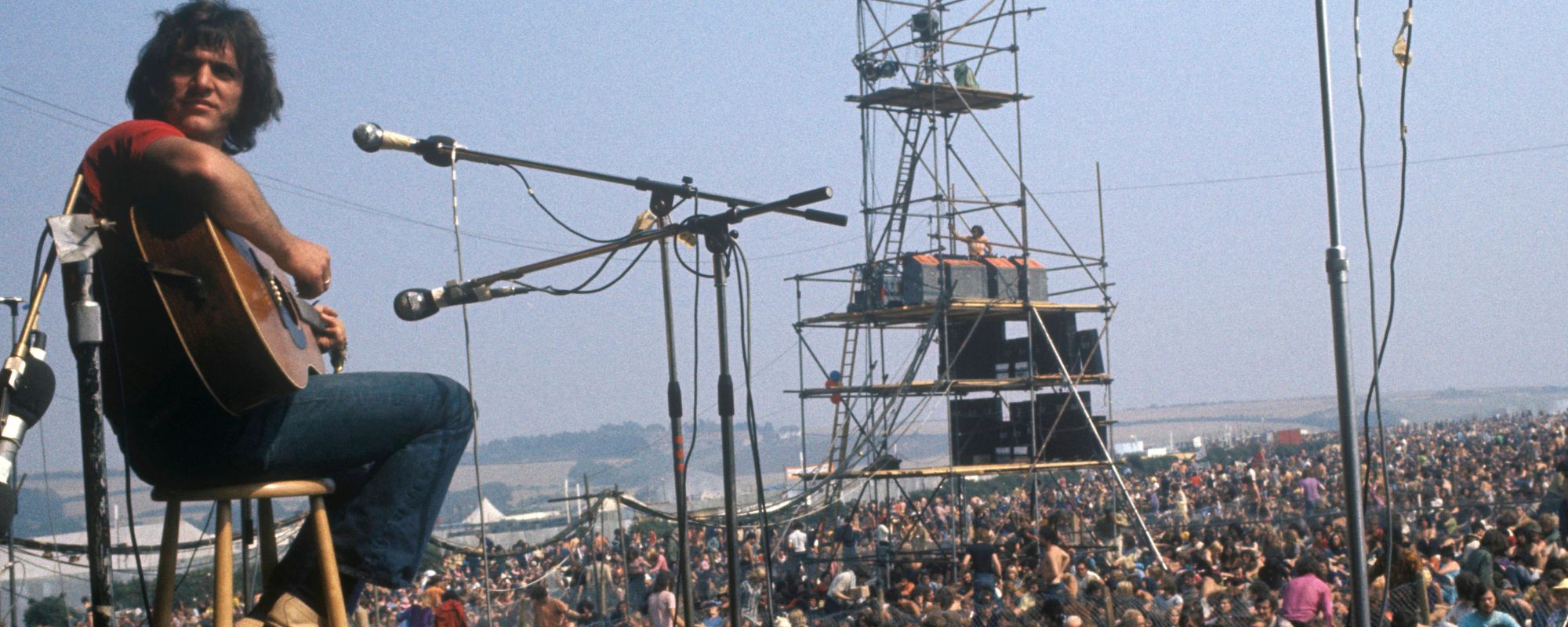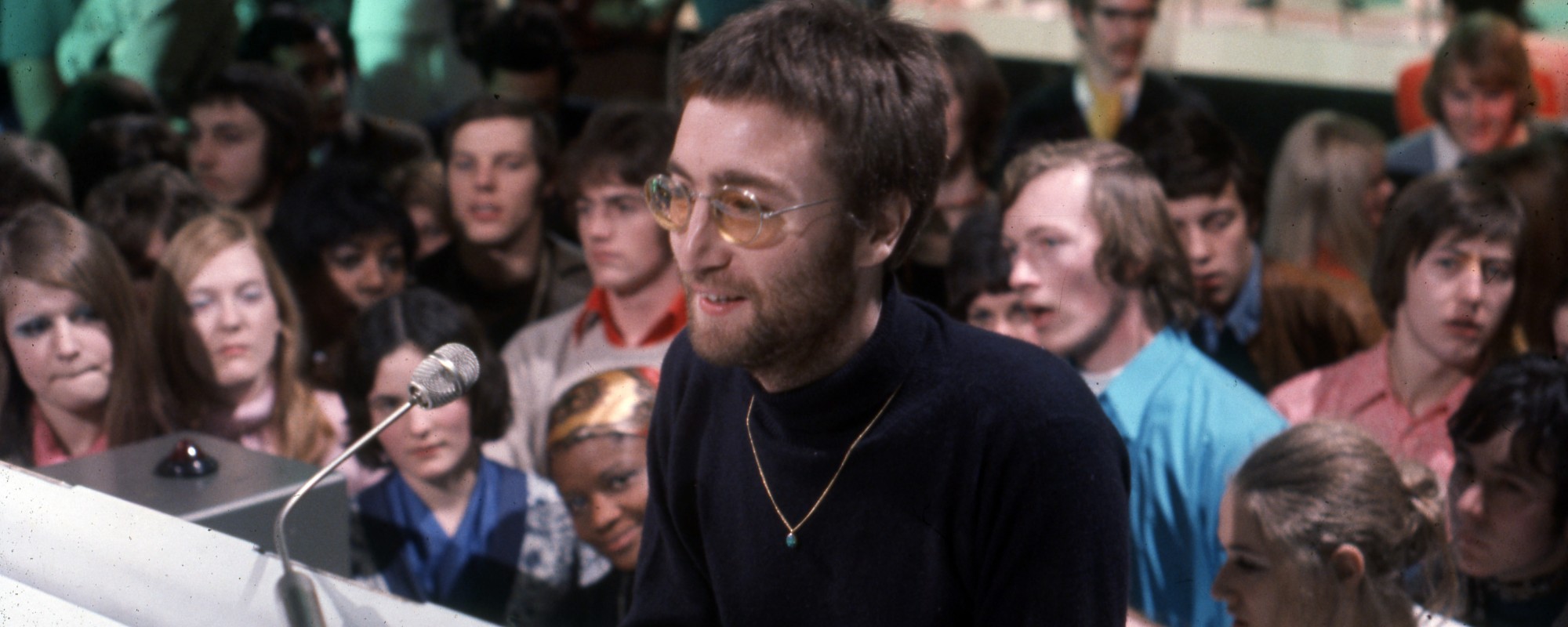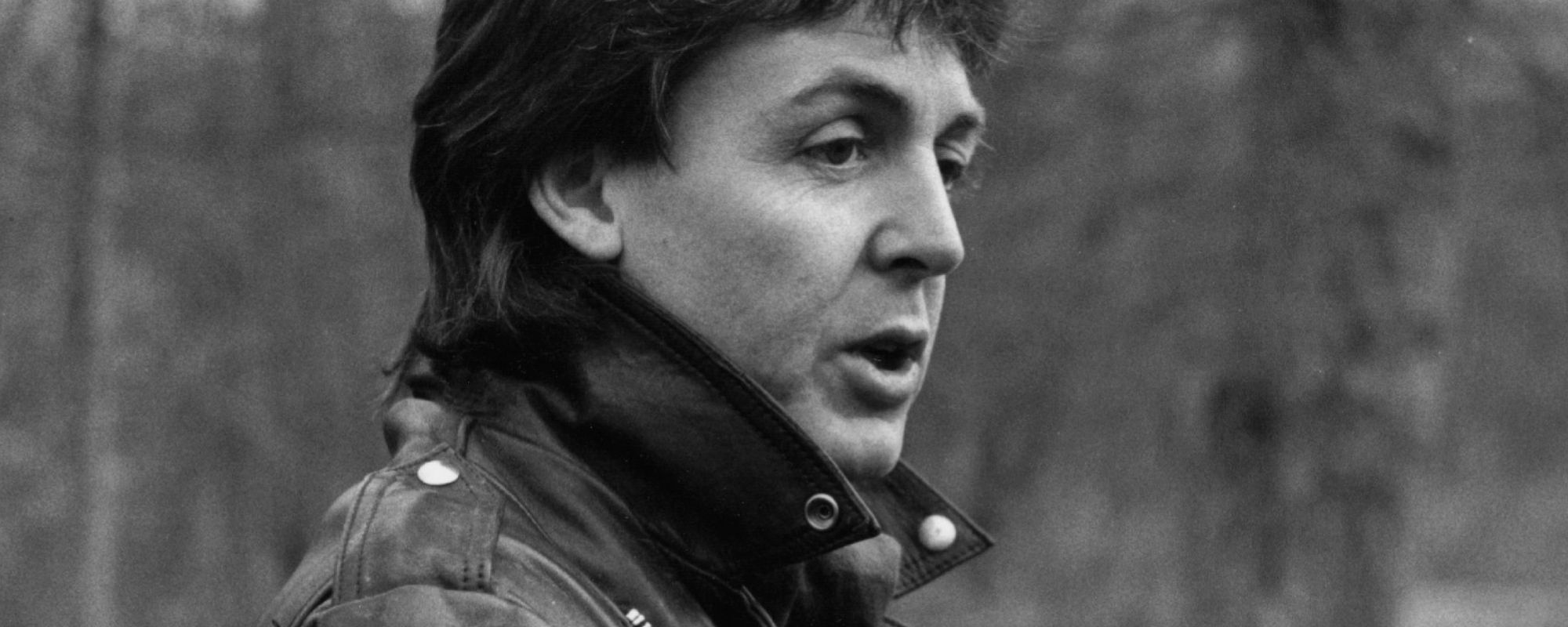On Friday, July 11, The Kinks released the third and final installment of their 60th anniversary compilation series, The Journey. The Journey – Part 3 features 12 newly remastered tracks spanning from 1977 through 1985, the commercially successful period when the band recorded for the Arista label.
Videos by American Songwriter
The compilation also includes 16 previously unreleased performances from a July 1993 concert at famous Royal Albert Hall in London.
The Journey – Part 3 is available now as a two-CD set, a two-LP vinyl package, and via digital formats. It was compiled with input from The Kinks’ three surviving original members—frontman and principal songwriter Ray Davies, lead guitarist Dave Davies, and drummer Mick Avory.
Avory recently chatted with American Songwriter about the retrospective, while also reflecting about the legendary U.K. group’s long history.
Mick noted that the band’s musical direction changed after it signed with Arista in 1976, which followed a several-year period where The Kinks were releasing a series of concept albums.
“[It] sort of basically changed with the Arista catalog. And it’s ’cause [label founder and legendary music mogul] Clive Davis was interested in taking us on obviously,” Avory explained. “We signed with them and … he spoke to Ray, saying [The Kinks] should be in the big stadiums, etc. ’Cause … up till then, we hadn’t really done any. And … he said the music’s got to be more rocky … more get-out-there rock ‘n’ roll. [O]therwise, some of the stuff is too subtle for it to get across in the big places.”
Mick pointed out that while Ray generally writes what he pleases, he listened to Davis “and we put some hard ones in again, and more modern ones.”
More About The Journey – Part 3 and The Kinks’ Arista Era
During its years on Arista, The Kinks once enjoyed the type of chart success it experienced during its mid-1960s heyday.
The new compilation includes such hits as “A Rock ‘n’ Roll Fantasy” and “Come Dancing,” as well as popular rock-radio tunes like “Sleepwalker,” “Catch Me Now I’m Falling,” the disco-influenced “(Wish I Could Fly Like) Superman,” “Low Budget,” “Do It Again,” “Better Things,” and “Destroyer.”
Avory picked out a couple of favorite tunes from the Arista years that appear The Journey – Part 3.
“I always liked ‘Sleepwalker,’” Mick told American Songwriter, referring to the title track of The Kinks’ 1977 album. “That was a nice song, and different, you know. [It] wasn’t just a play-through rocker. And, of course, the words are always poignant with Ray. You know, it actually means something.”
Avory also singled out two tunes from The Kinks’ 1978 album, Misfits.
“‘Rock and Roll Fantasy’ is … a lovely song,” he shared. “And ‘Misfits,’ that’s another one. We used to do ‘Misfits’ on stage all the time. That was a good stage number … that went across [in] the big halls all right.”
Meanwhile, Avory credited bassist Jim Rodford, who joined The Kinks in 1978, for having a positive influence on the band’s sound during the Arista years.
“[H]e wasn’t a loud bass player by any means, but he could play,” Mick maintained. “He could play the parts more aggressively or he had a good feel for everything.”
In the early 1970s, Rodford had played in the band Argent alongside drummer Bob Henrit. Interestingly, when Avory departed The Kinks in 1984 because of conflicts with Dave Davies, Henrit was hired to replace him.
About the Live Material on The Journey – Part 3
The Kinks’ 1993 performance at the Royal Albert Hall recently was discovered in the archives of the band’s Konk studio. The concert was part of The Kinks’ tour in support of its 1993 album, Phobia. Of course, Henrit, not Avory, was playing drums with the band at the time of the show.
The show featured a mix of classics and deep cuts spanning the group’s career. It also included renditions of four songs from Phobia.
Regarding the live recording, Mick told American Songwriter, “I’ve heard some of it, … but I haven’t gone through it completely.” He added, “That went down well. That was a good thing to do at the time.”
Avory said he considered Henrit “a good replacement,” noting that “he naturally played sort of loud,” so his style suited the larger venues The Kinks were playing then.
(Courtesy of BMG)










Leave a Reply
Only members can comment. Become a member. Already a member? Log in.